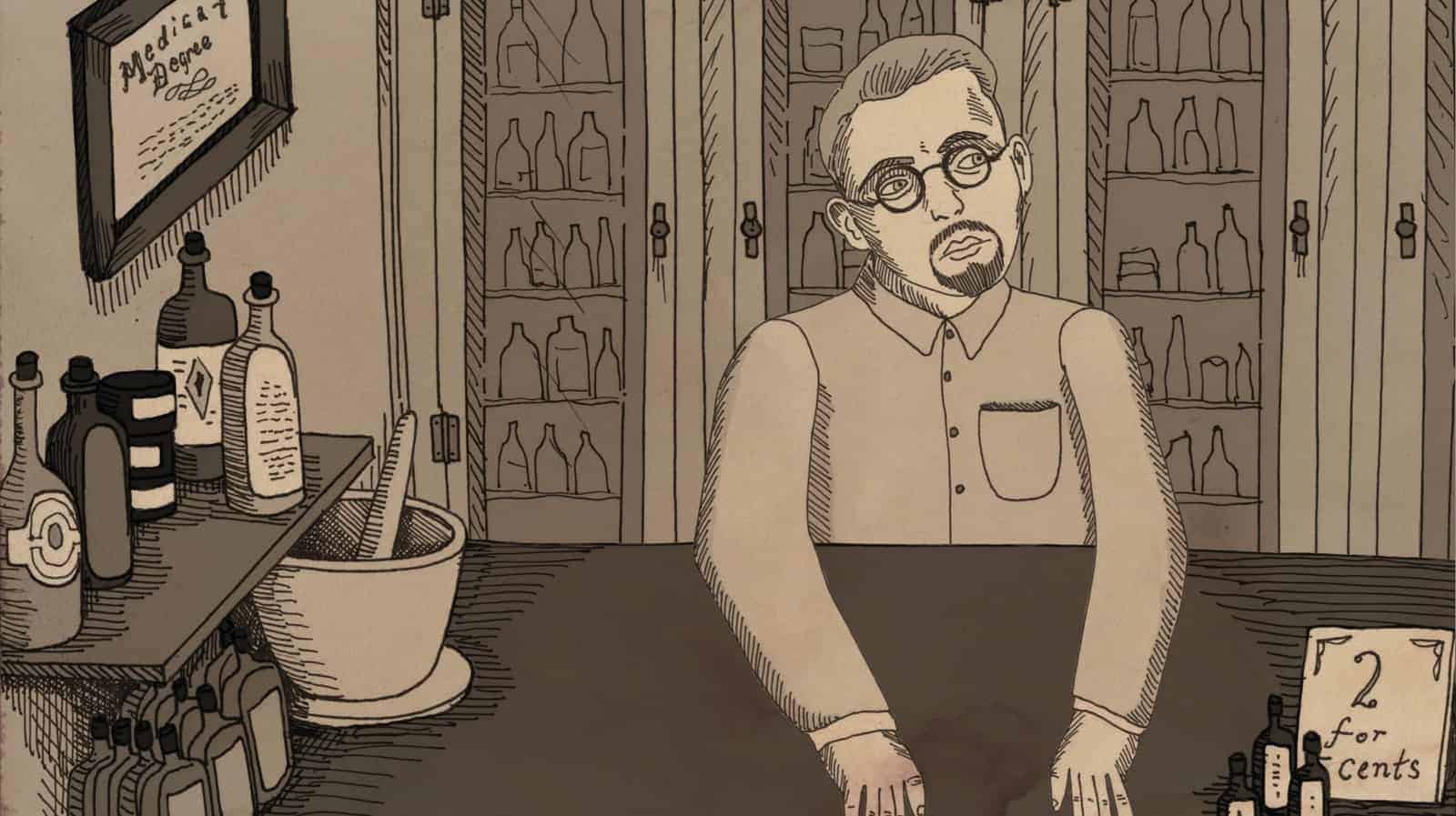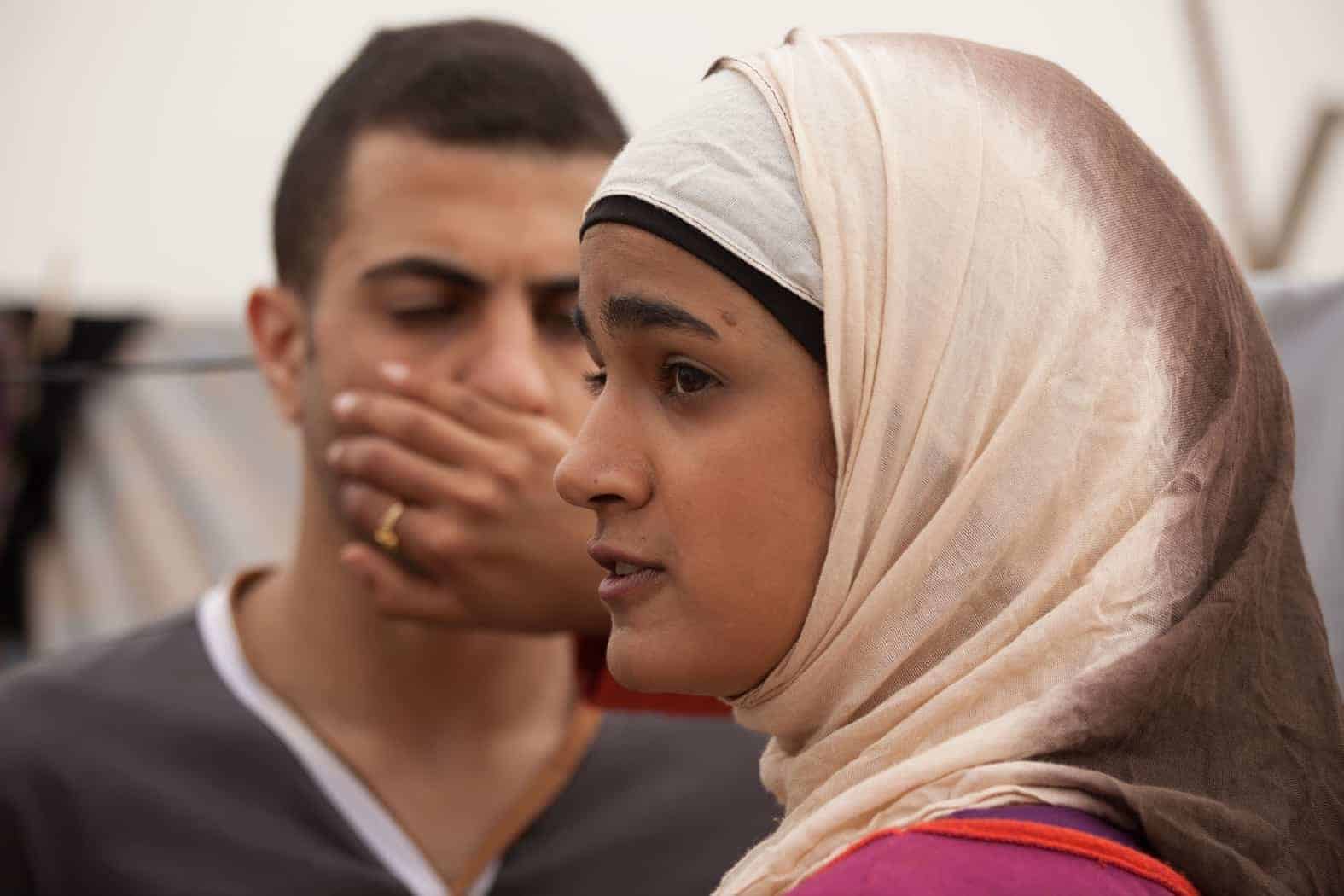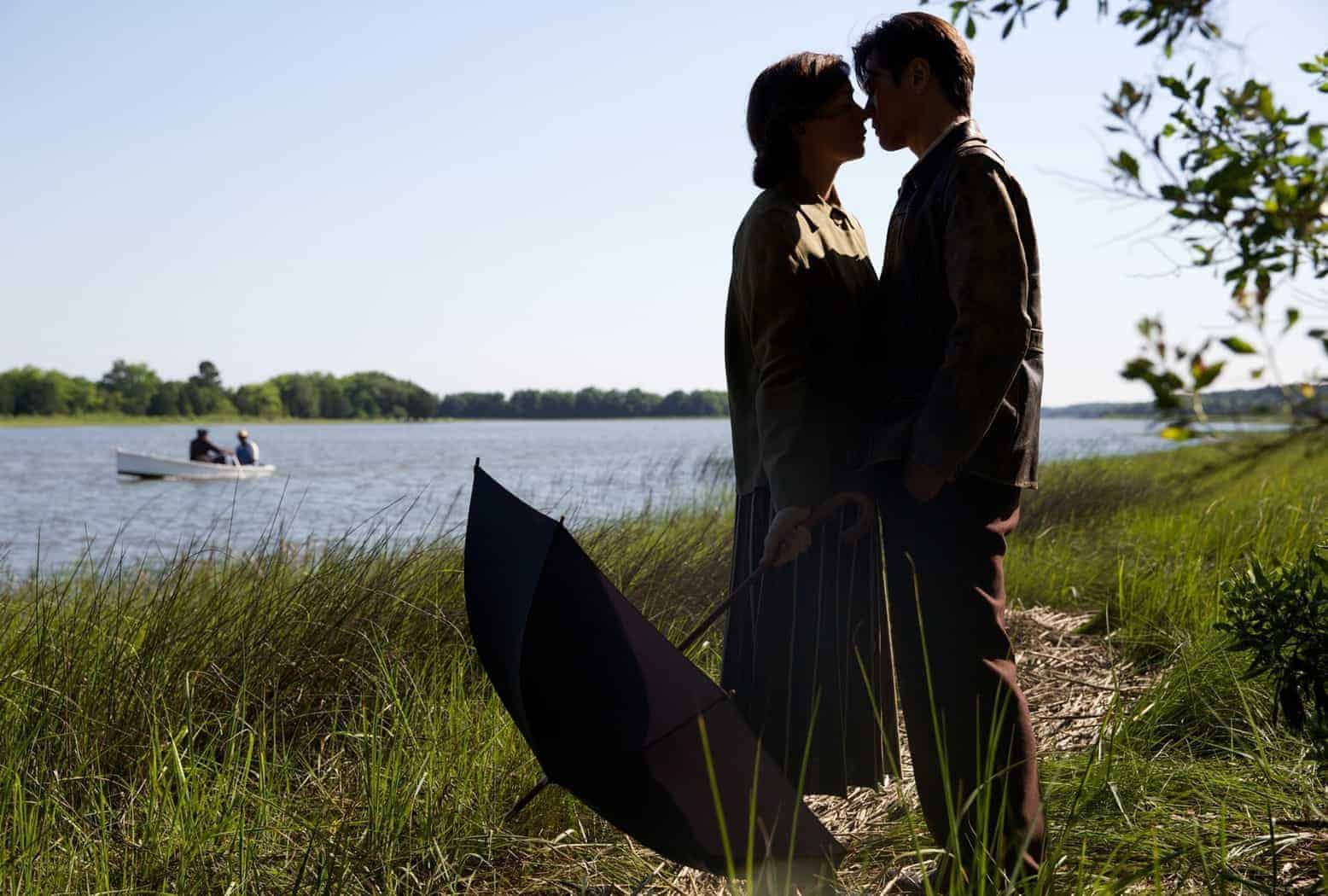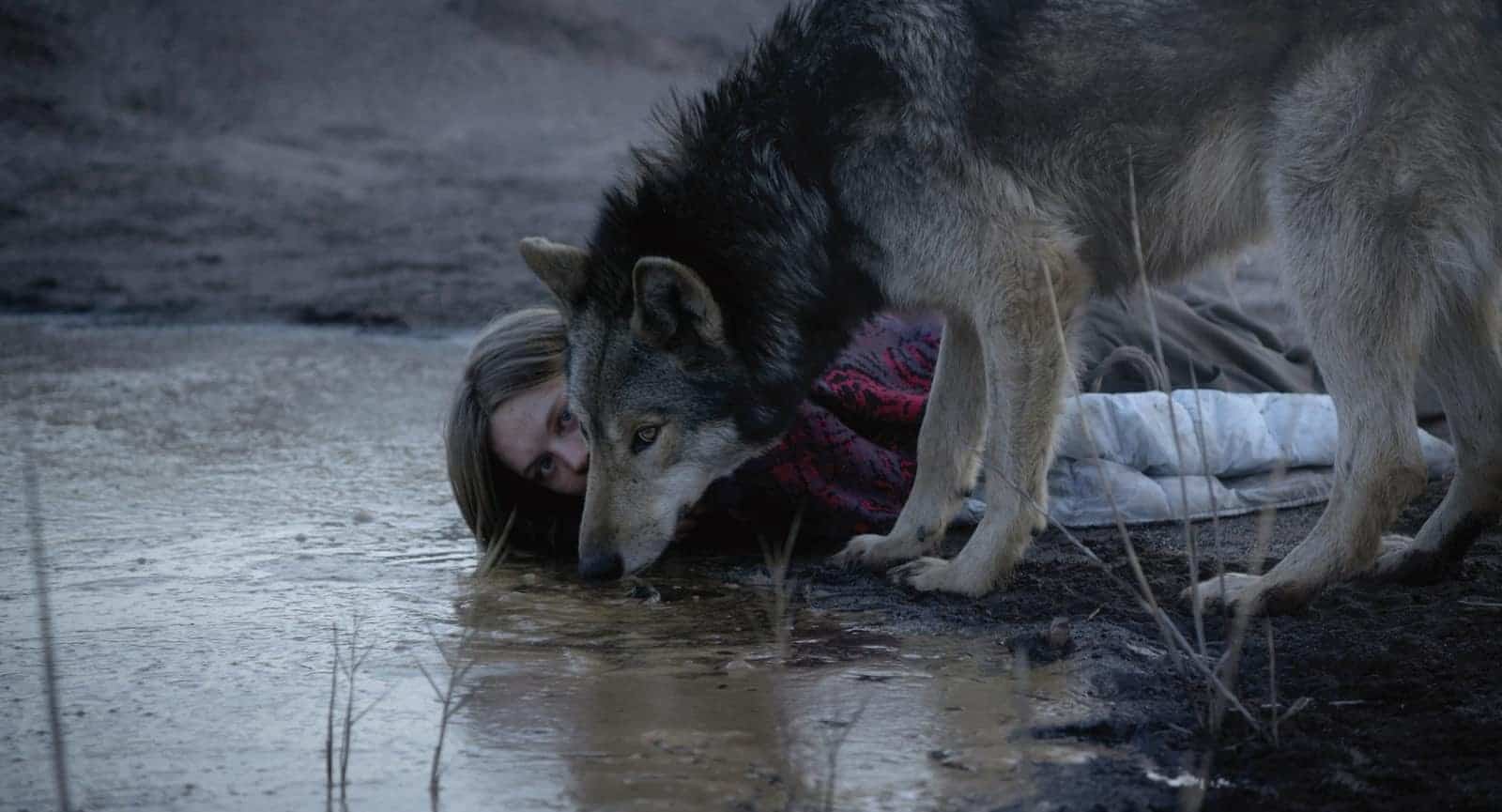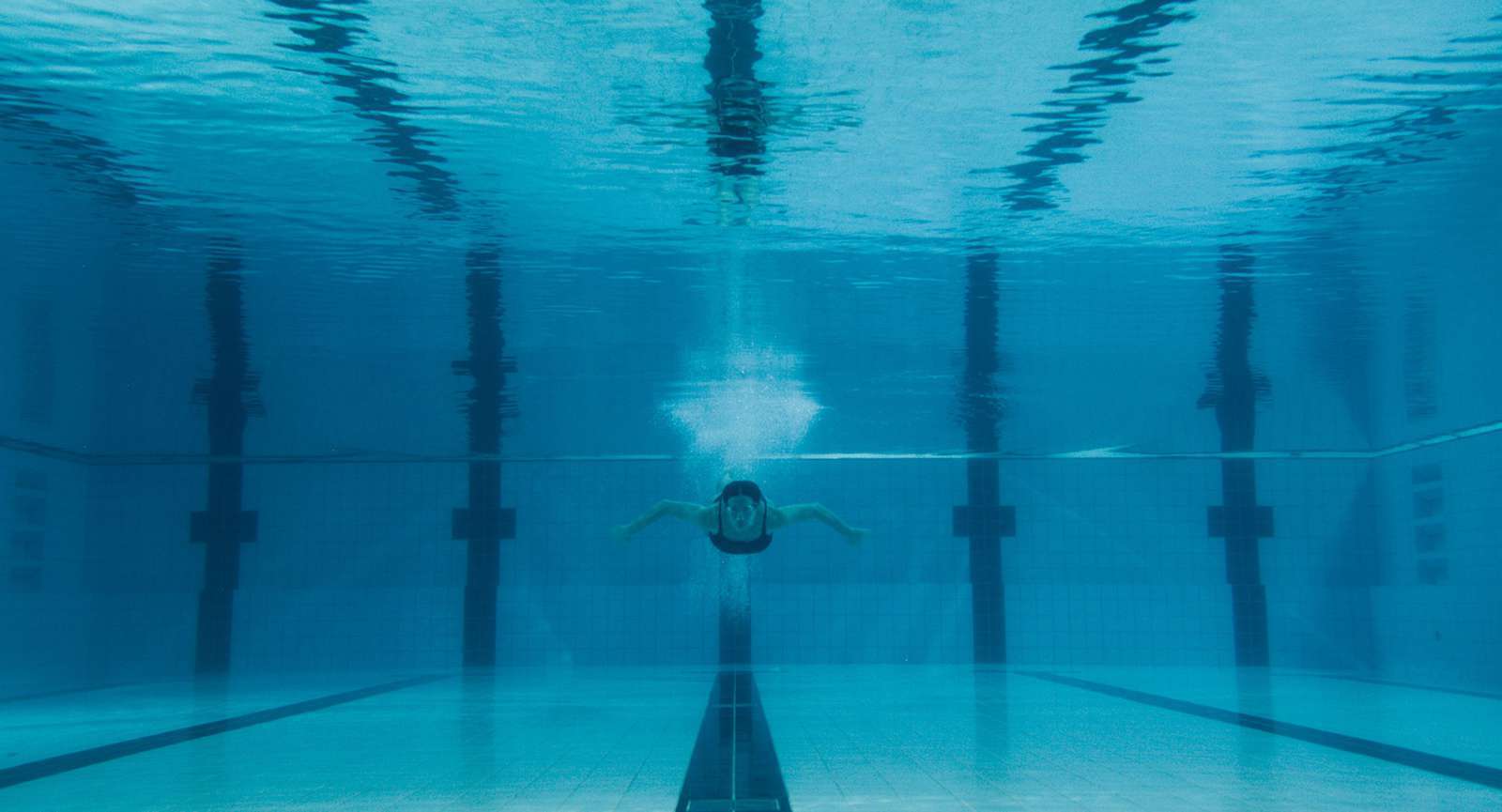Penny Lane talked to us about the importance of pacing in the film, why they used animated re-enactments, and how to think about documentary film.
All Articles
Elite Zexer on Jury Prize Winner Sand Storm
Zexer and lead actress Ammar talk about preparing for the film, how Zexer prioritized performance when shooting the film, and the knockout ending.
Maggie Greenwald on Sophie and the Rising Sun
Maggie Greenwald’s Sophie and the Rising Sun is an unconventional period piece about race, public and private spaces, and romance. Set in 1941 in the South, the mysterious arrival of a badly beaten Japanese man disrupts small town life.
Writer-director Nicolette Kribetz discusses Wild
German writer-director Nicolette Kribetz’s film Wild is a strange, dream-like journey of sexual and physical liberation. At Sundance, Kribetz and lead actress Lilith Stangenberg discussed the genesis of the story, creating the character, and the ways in which men and women are confined by social norms.
Sonita and Sand Storm at Sundance: when the patriarchy looks like your mother
Both films explore how empowered women function within a patriarchal society. They pose the question, can you defeat the patriarchy simply by exercising agency?
Rebecca Daly discusses Sundance drama Mammal
The new film from Irish writer-director Rebecca Daly, Mammal, is a smart, sensitive story about family, love, grief, and parenting.
